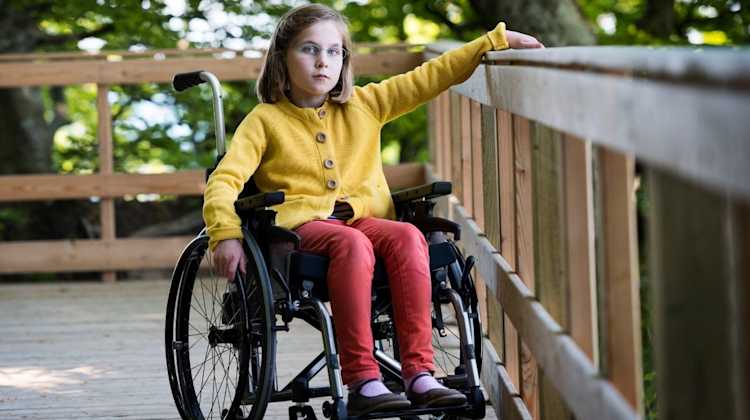Yes, You Can Get Educational Services Overseas
by Rachel Carpenter - February 2nd, 2022

An overseas or OCONUS (Outside the Continental United States) assignment is a dream for many military families. The chance to live in another country or culture provides opportunities and experiences that might not be attainable otherwise.
But if you have a child with special needs or one that needs educational support, this may feel impossible. Finding that support can be a struggle regardless; adding in a language barrier, limited services, and an international move only adds to that struggle.
But the good news is that while daunting, you can get the educational services you need overseas!
The information, tools, clinics, and staff are in place at many OCONUS locations to support you and your family. While I cannot promise you a smooth experience, I can offer you a few tips on how to find and receive educational services overseas.
Know Your Rights
You know that every child in the U.S. has the right to a free, public education. If you are not familiar with the Individuals with Disabilities Education Act or IDEA, parents and children also have rights to a public education with accommodations for special needs students. This includes infants and toddlers up to age 3. So my first and best piece of advice is to know your rights, both as a parent and a child.
Under IDEA, states and public schools have two major duties:
To provide a free appropriate public education (FAPE) to kids with disabilities in something called the least restrictive environment (LRE). This means that students should be placed in the classroom with their peers as much as possible while also receiving the support they need.
To give parents a voice in their child’s education at every point in the process, IDEA gives parents specific rights and protections called procedural safeguards. Parents must be notified about any services their child might receive and be provided with the chance to advocate for their child at every part of the process.
When stationed overseas, military children and parents must know their rights and advocate for them through their physicians and schools. DoDEA schools recognize IDEA and utilize their own early intervention services to complement what is required in the U.S. If your child is currently under an Individualized Education Plan (IEP) or receiving special education support, you have a right to an evaluation and continued support at your next location. Know your rights and use them!
Know Your Resources
I talked in my last article about our experience with early intervention services while living in Italy. This was an amazing resource for us, and I had no idea that it even existed before my child needed it.
If you have OCONUS orders, start researching as soon as possible. Talk to your sponsor about the schools and medical clinics at your new duty station. Look up these places and see if you can make initial appointments upon arrival. You can also work with your current school and physician to ensure that you leave with all documentation of services before departing for your OCONUS assignment.
Know Your Responsibilities
There is no better voice for your child than you; you must often take the first step in advocating for services and support.
The first step to gaining educational services under IDEA, whether CONUS or OCONUS, is to ask for an evaluation. You can ask for this at any time and if there is a suspected disability, the school must complete this. If your school is not providing this, go to your physician. No one else will advocate on your behalf. This is your responsibility.
Parents are also responsible for working with schools and support services. This is a partnership to give your child the best and least restrictive learning environment and experience. There will be meetings, paperwork to track, appointments, and accommodations that will be required of you. You are responsible for meeting your end of this partnership.
I’m not promising a smooth process to any parent or child; even in the best of circumstances, there will be hiccups and roadblocks. But if you can follow these tips and know your rights, resources, and responsibilities, you CAN get educational services overseas.






